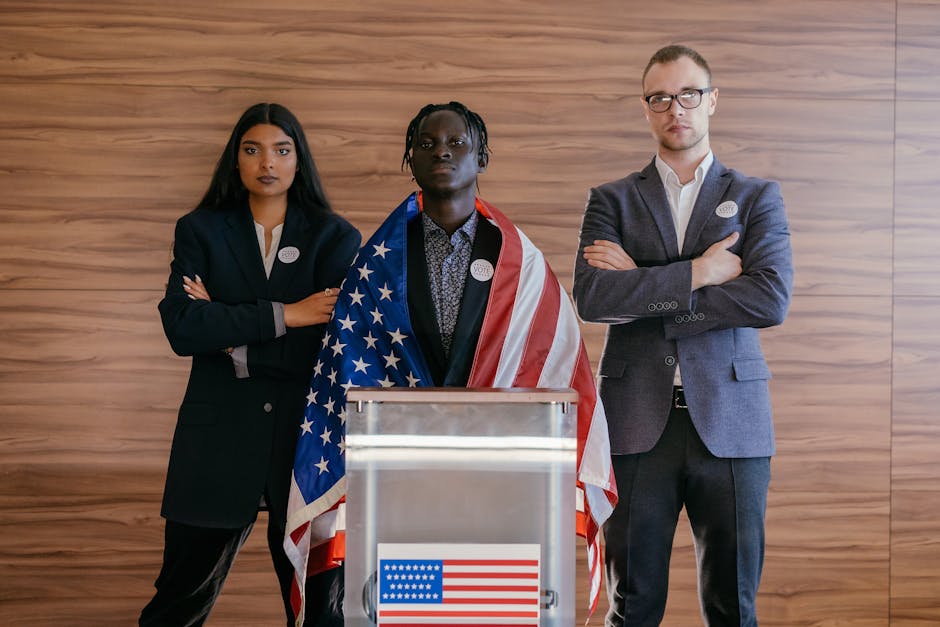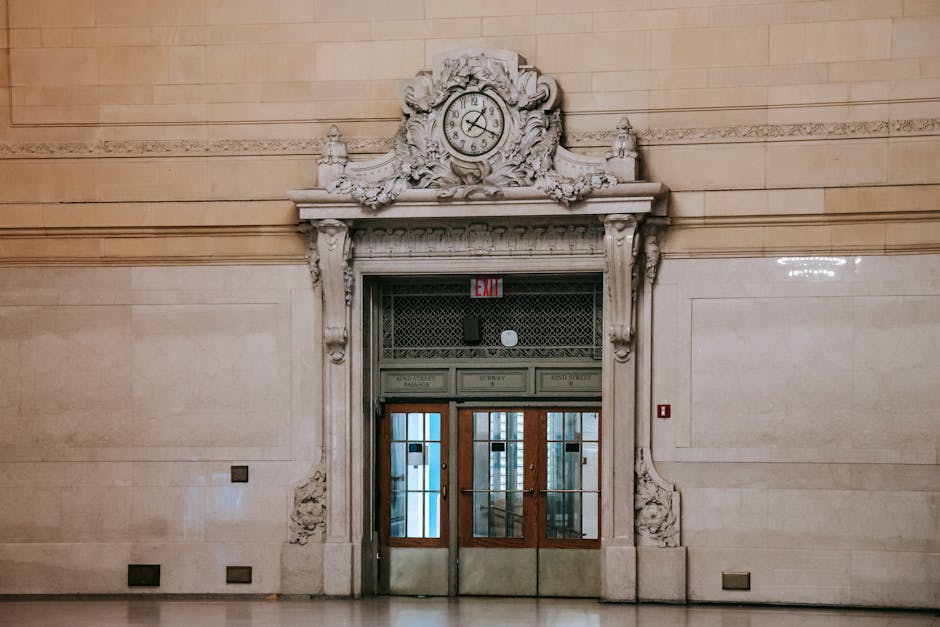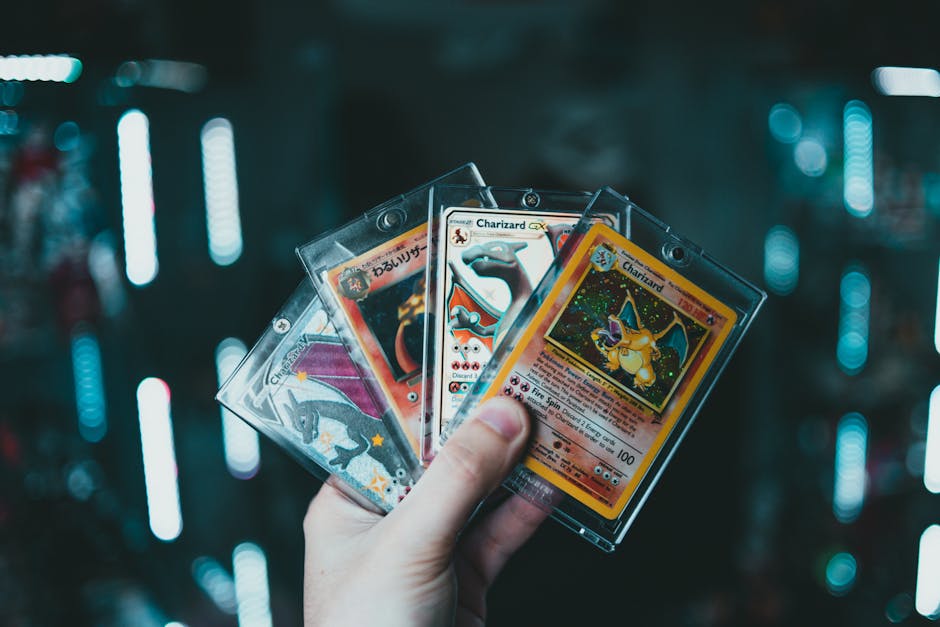Ivory Coast’s High-Stakes Election: Will Ouattara Extend His Rule?
The Ivory Coast is at a crossroads as citizens cast votes in a critical election that could prolong President Alassane Ouattara’s decade-long leadership or reshape the nation’s political future. Held amid tensions, opposition boycotts, and fears of democratic erosion, the October 31 vote tests the stability of a country still recovering from past conflict.
A Controversial Third-Term Bid
President Ouattara, 78, initially vowed to step down after two terms but reversed his decision following the death of his preferred successor, Prime Minister Amadou Gon Coulibaly, in July. Ouattara claims a 2016 constitutional revision permits his candidacy, while opponents decry it as a breach of term limits and democratic norms.
The election has been overshadowed by violent clashes between rival factions, reviving memories of the 2010-11 post-election crisis that killed 3,000 people. Key opposition figures—Laurent Gbagbo and Henri Konan Bédié—are boycotting, alleging electoral bias and demanding Ouattara’s exit.
Economic Success vs. Democratic Backsliding
Ouattara’s tenure has seen Ivory Coast’s economy grow by an average of 8% annually since 2012, fueled by cocoa exports, infrastructure projects, and foreign investment. Yet critics highlight persistent poverty and inequality, arguing growth hasn’t benefited all citizens.
The opposition warns Ouattara’s third-term bid reflects a regional trend of leaders manipulating constitutions to retain power, as seen in Guinea and Togo. “This election is a litmus test for African democracy,” says analyst Aïssatou Diallo.
Violence and Legitimacy Concerns
Pre-election violence, including deadly clashes in Daoukro, has raised alarms. The government deployed 35,000 security personnel, but opposition groups report arrests, media restrictions, and voter intimidation.
With major opposition factions boycotting, Ouattara faces only one significant rival: former President Pascal Affi N’Guessan. Low turnout could weaken his mandate and spark unrest.
Regional and Global Eyes on Ivory Coast
The African Union, ECOWAS, and international powers like France and the U.S. are monitoring the vote. Neighboring states worry instability could spill over into a region already battling jihadist threats.
What Happens Next?
Provisional results are due within days. An Ouattara victory may trigger protests, while contested outcomes risk renewed violence. The world watches to see if Ivory Coast chooses ballots or bullets to decide its future.
Follow [Your Name] for updates on this developing story.




